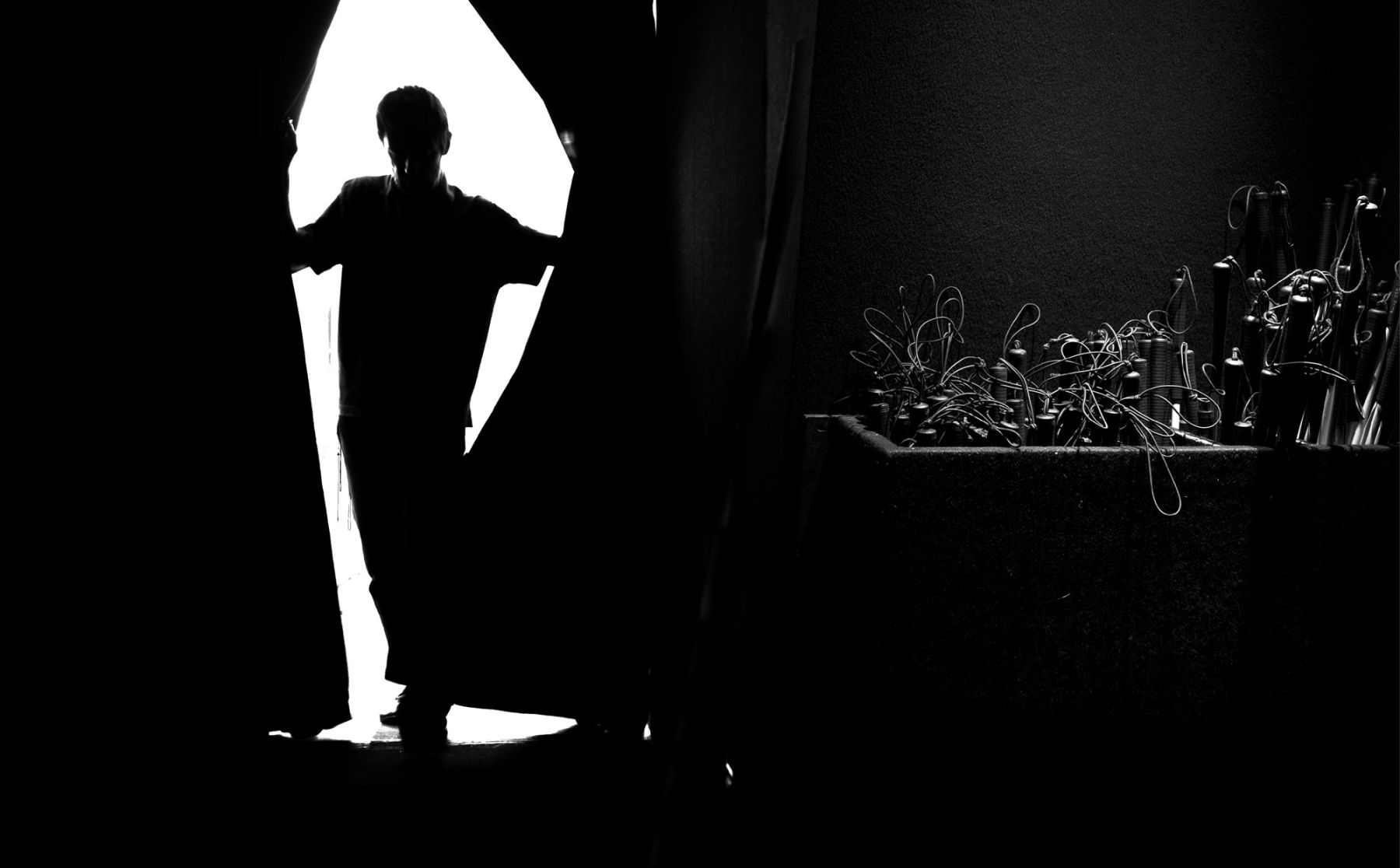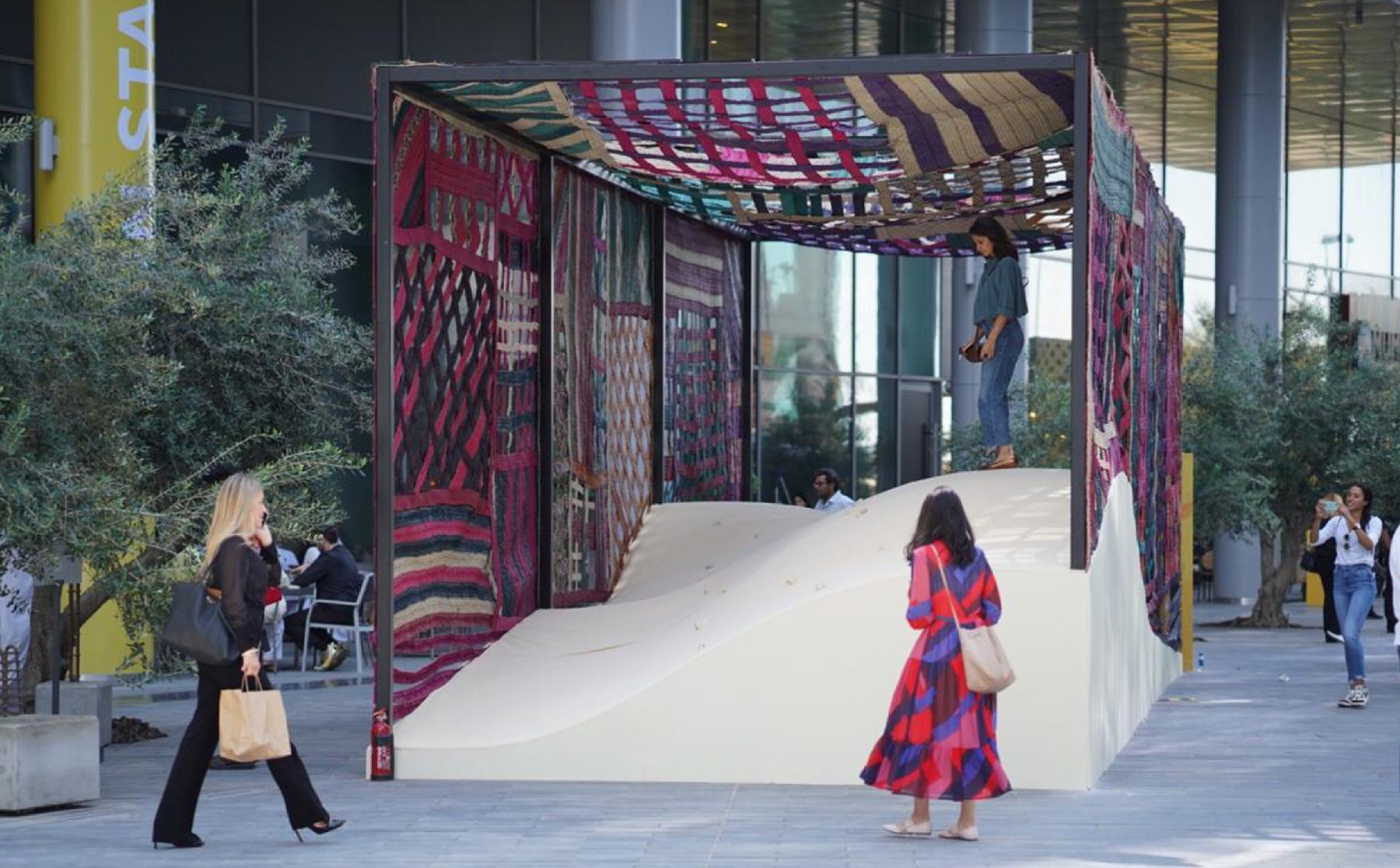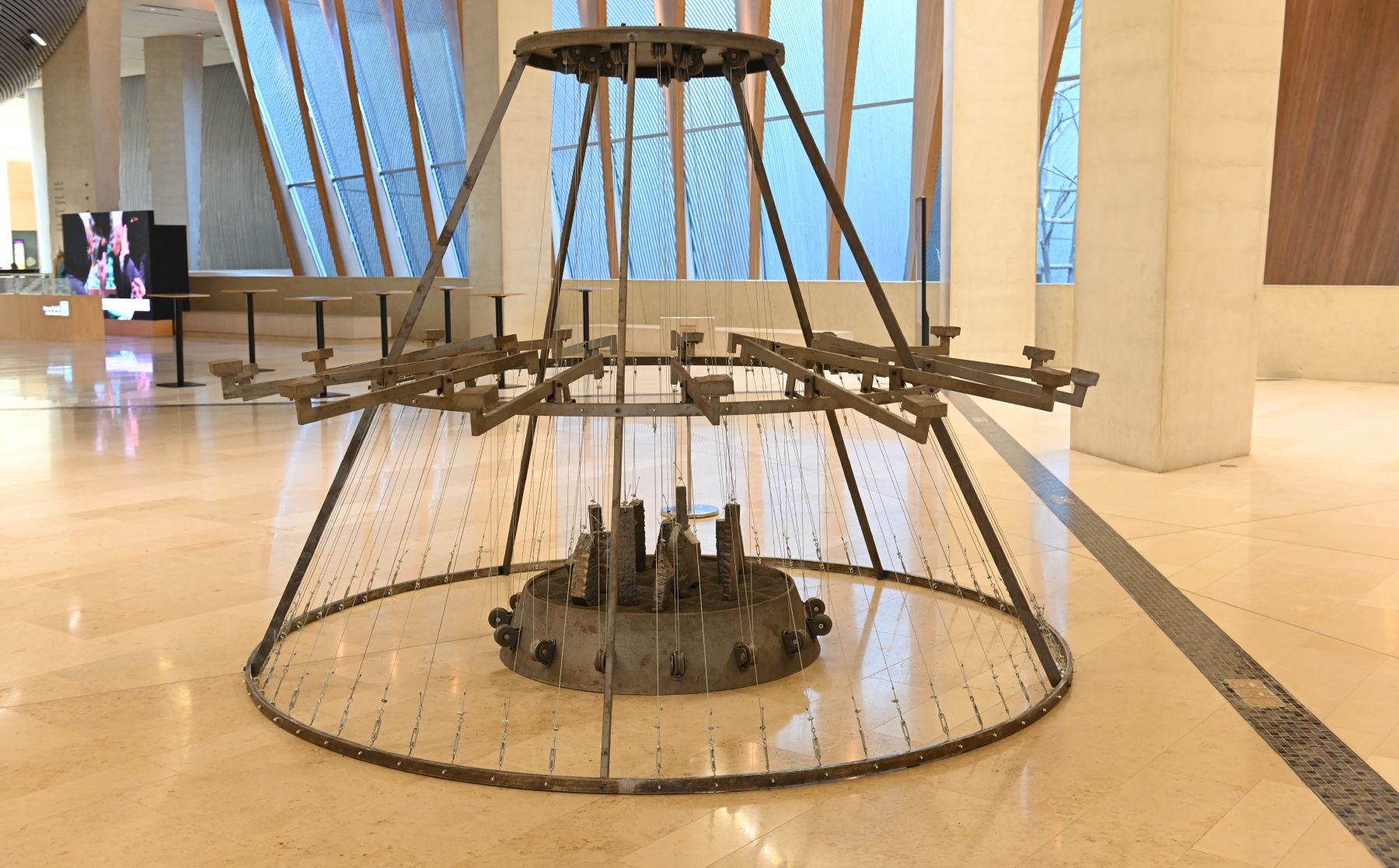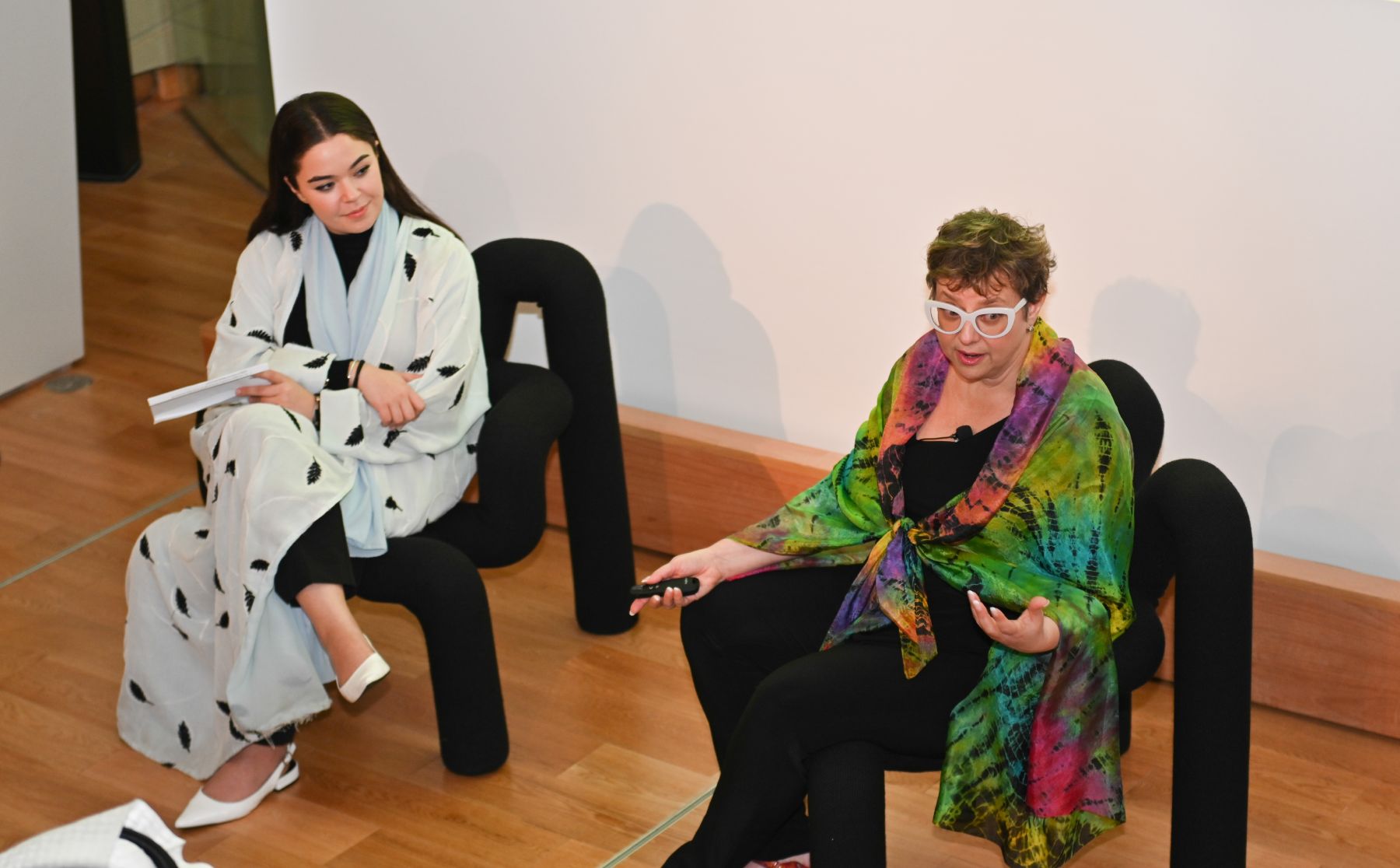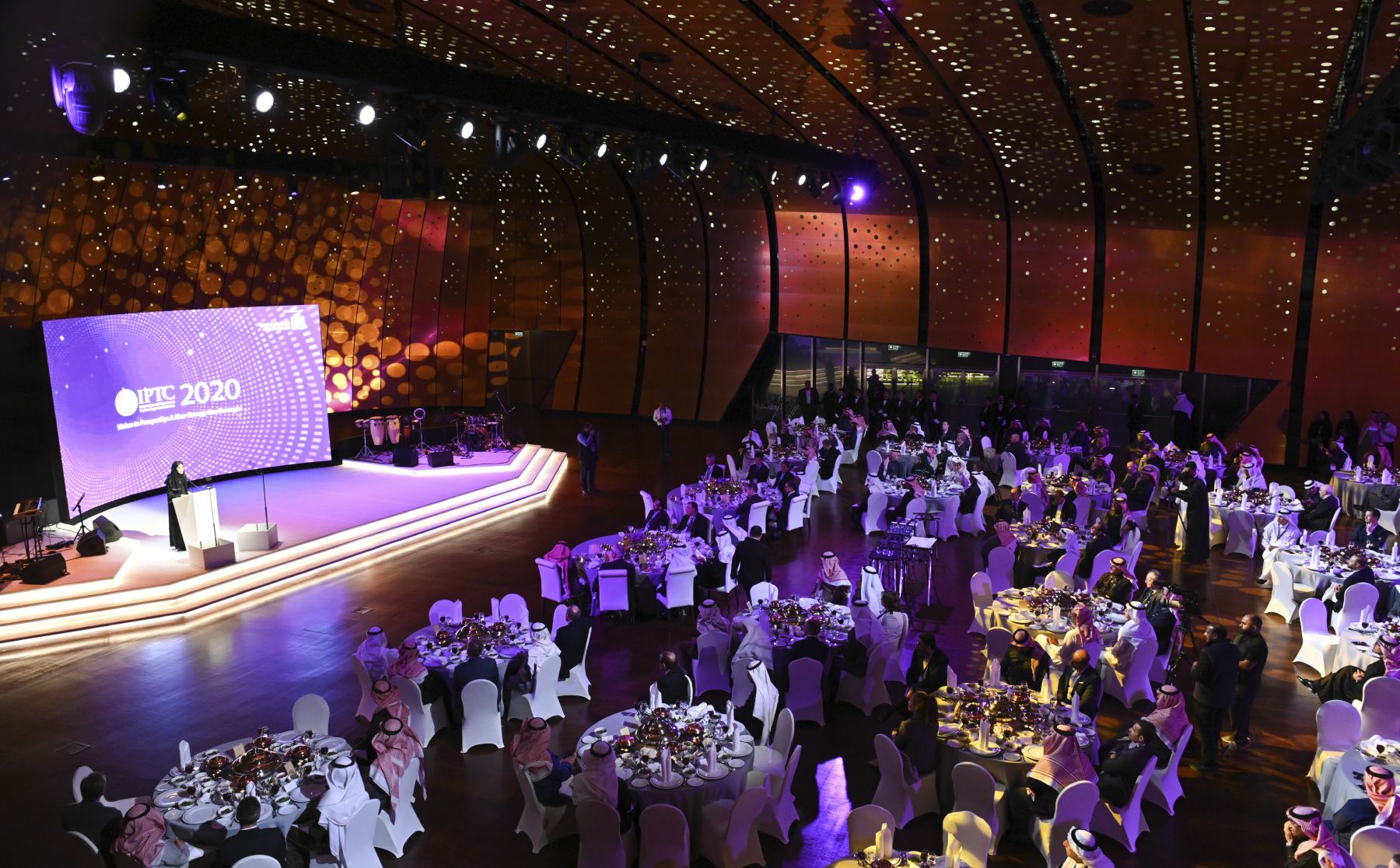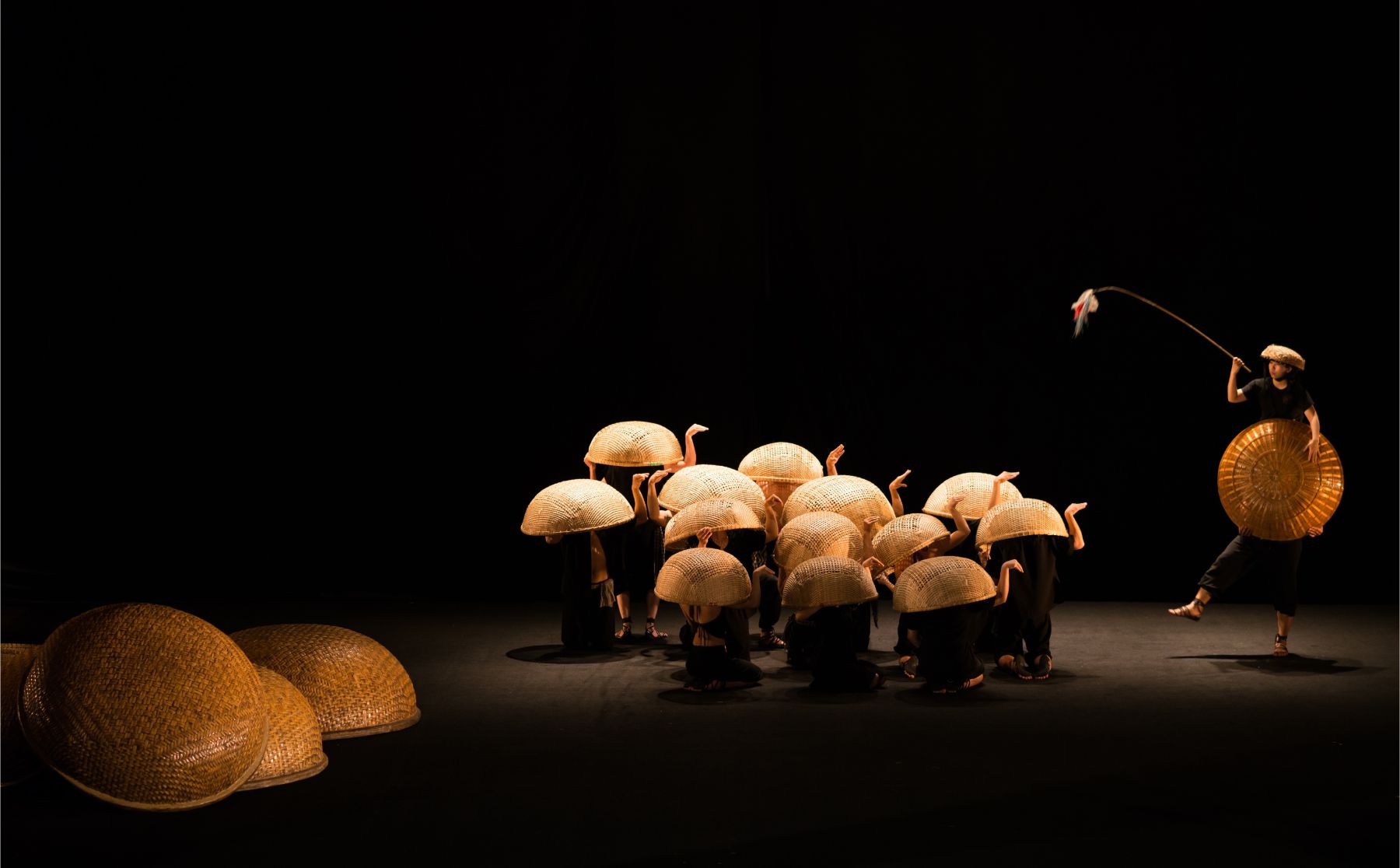How culture will survive the global pandemic
In a world that seems increasingly divisive, it is almost ironic that it took a global pandemic to unite us all. While it goes without saying that we could not – and should not – attempt to universalize the deeply personal nature of each person’s individual experience of life in the age of Corona, the common denominator at the heart of 2020 has been a virus that has forced humanity to adapt to new ways of existing in the world.
Work, play and everything in between – life as we knew it is a thing of the past. The things we took for granted – a handshake, congregating with others, travelling – are the things this year has taught us to value. It was easy at the start of the global realization of the impact of Covid-19 to joke that introverts had been training their whole lives for this moment. Less so as the world shut down, businesses went under, and lives were lost.
The only consolation, for lack of a better term, is the knowledge that, uniquely, this is a shared experience on some level. We are united in our forced separation. We are unified in our social distancing. We are together, apart.
This concept also lends itself to the title of a series of interviews the King Abdulaziz Center for World Culture (Ithra) conducted with artists and other creatives to explore how operatives in the cultural sphere have experienced the coronavirus and resultant lockdown. We are intrinsically linked to the creative economy, and were interested in drawing a comprehensive picture of how the Covid-19 pandemic has directly affected this sector across the Arab world specifically, helping to provide a clearer understanding of the opportunities and challenges artists and the wider creative industries now face. The project involved in-depth interviews with artists, curators, writers, poets, filmmakers, actors and more.
Ithra’s qualitative study sought to establish the severity of the situation. But our concern goes beyond that – this project aimed to determine what support the industry needed, and to identify the positives – if any – that have come out of it. Ultimately, we hoped to arrive to the answers of what it would take to turn the situation around and redirect our once-thriving arts communities back on the path to success.
All the interviewees expressed how optimistic they felt at the start of the year. And how quickly that changed as the pandemic dealt a crushing blow to all industries, including almost every strand of the creative economy. The effect was felt hardest on a financial level, with traditional routes for raising revenue all but obliterated. Most concerning, the respondents don’t expect this situation to be resolved in the foreseeable future even as lockdown restrictions are eased.
A common theme was a delve into technologies unlocked by digital platforms. A rare highlight was that the situation provided artists the opportunity to be more introspective, to pause and reflect on their work, their standing, and their careers within arts and culture. Artists’ creations are more personal now than ever before.
Over the coming weeks and months, Ithra will be publishing excerpts from the interviews that formed the basis of the study under the series title “Together, Apart”, where these creatives share their individual experiences, collectively presenting a snapshot of a universal reality.
Respondents include Basma Al-Shathry, curator at the Misk Art Institute; actor and comic Ibrahim Al Hajjaj; art writer Melissa Gronlund; Ahmed Al Mulla (poet, filmmaker, and director of the Saudi Film Festival and the Saudi Culture and Arts Society); filmmaker Ali Alsumayin; curator Maya El Khalil; gallery director Alia Fattouh; art critic Rebecca Anne Proctor; and artist Faisal Samra.
Join us as we delve into their stories. Together, but also apart.
Rania B. Biltagi
Head of Communication and Partnerships, King Abdulaziz Center for World Culture


